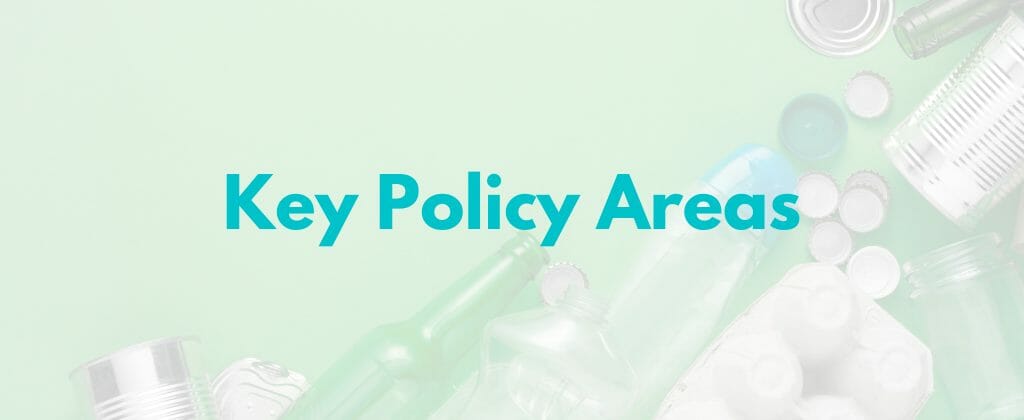
Current Policy
Policy on prevention, reuse, repair and recycling is covered under EU and National Waste Policy, Waste Plans and Waste Prevention Programmes. These publications are all available on our publications page at the link below.
Click on ‘CRNI 2021’ Impact Report to see our key policy asks as a network.
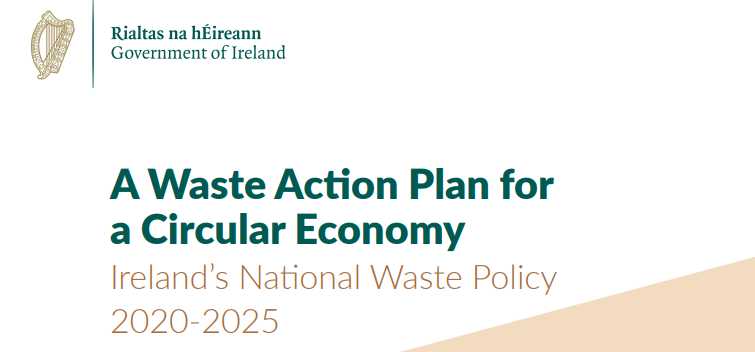
CRNI Policy Submissions
CRNI actively engages in policy creation. Our key policy areas as set out below. Recent submissions to policy consultations are also available for download immediately below
A summary of CRNI recommended actions that can help deliver a fairer and more circular economy are outlined below.
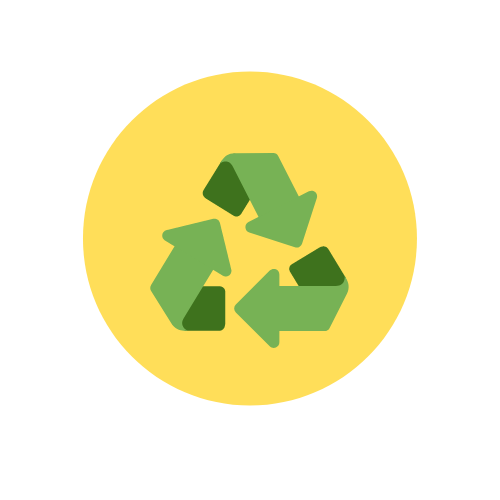
Towards a More Circular Economy
Becoming a more Circular Economy will require new approaches to every stage of a product’s life cycle and beyond. This transition will require a significant shift in Ireland’s policy focus and language to better align with the waste hierarchy.
CRNI recommends careful policy formation that ensures a job rich, just and inclusive circular transition focused on the wellbeing of all individuals. This will require a strategic mix of policy and financial incentives and penalties for operations and/or infrastructure that ensures prevention and preparation for reuse are cheaper and/or more convenient than waste activities.
Circular Design
The design phase of products is critical in driving effective reuse and recycling. Many CRNI members are finding it increasingly difficult to repair or refurbish goods, due to poor product design.
CRNI supports European Commission efforts to develop consumer labelling showcasing the durability and repairability of products including non-energy products and review local opportunities for same. We would also encourage leadership and innovation in this area through Ireland’s own design and manufacturing industry.


Set Targets
Targets play an essential role where the markets fail to ensure the right environmental or social outcome, due to a failure to recognise externalities.
The Waste Framework Directive includes ambition to set targets for reuse after 2024, and Sustainable Development Goals set food waste prevention objectives for 2030. However, CRNI is calling for targets to be introduced for reuse, food waste prevention and preparation for reuse all within the next 2 to 3 years while we still have a window to act on tackling GHG emissions.
Invest in and Support Prevention and Preparation for reuse activities
CRNI estimates that only 1 – 5% of goods in Ireland are reused and many social reuse and recycling operators are deeply under-resourced.
We believe greater support and investment is needed in prevention and preparation for reuse through a suite of measures including reduced commercial rates for prevention or preparation for reuse centres, enhanced green public procurement, a 0% VAT rate for reuse and repair, greater support from EPR schemes for prevention and preparation for reuse, tax rebates on donated goods, support for reuse and repair infrastructure and adjusting levies on plastic bags, introducing a levy on disposable cups and takeaway containers, introducing a levy on waste-to-energy and increasing the landfill levy.
We are also calling for greater support in overcoming the issues arising from “duty of care” in Irish tort law are an ongoing concern for the sector, through support for the Alliance for Insurance Reform.


Access to materials
An important part of the reuse cycle is gaining access to unwanted products and ensuring they remain in good condition prior to collection.
We recommend that Civic Amenity Sites are rebranded as “Recovery Parks” and are made more accessible by providing opening hours that better facilitate the public, provide reception facilities with trained operators that maximise the reuse potential of goods (e.g. for bulky goods, WEEE, paint), provide better signage and improved layout.
We would also encourage operators to partner with or provide priority access to donated materials for social enterprises.
Changing Behaviour
An essential component to driving waste prevention and reuse is engaging citizens and supporting behavioural change.
To communicate the value of reused goods, CRNI developed Ireland’s Reuse Quality Mark ReMark. We are seeking formal recognition in policy and are rolling out the next phase to develop it into an all-island basis. We also support the establishment of a centrally coordinated, multi-annual cross-sectoral communications programme involving all relevant stakeholders, connecting awareness raising efforts and channels, prioritising messaging and providing coherent, clear and simple communications that engages citizens and businesses.


Textiles
Overconsumption and insufficient regulation on circularity has led to increased volumes of low quality textiles, unfit for re-use let alone recycling. CRNI recommends a national awareness campaign takes place focusing on the impact of textiles on global systems, providing consumers with options.
In response to the WFD requirement to separately collect textiles in 2024, CRNI is asking Government to prioritise second hand clothing retailers (like charity shops) in any scheme to maximum local reuse. Local Authorities are also encouraged to prioritise these retailers when procuring textile banks for Civic Amenity Sites or on public land. Furthermore, regulations are needed to provide greater control on textile collection banks (in public or private spaces), requiring clear information to be provided on each bank about the beneficiary of the textile donations and the identity and contact details of the textile bank operators.
Supporting Social Enterprise
One of the key services provided by community based reuse and recycling organisations is quality jobs and training opportunities. CRNI’s submission to the National Social Enterprise Policy Consultation highlighted the need for more joined up thinking on labour activation schemes in this sector.
We also want to see greater collaboration between DCCAE and DRCD to ensure alignment of policy measures that support the sector, and the creation ofdedicated funding streams or grants for activities that would not otherwise take place in the private sector. This will help safeguard the activity of social enterprises in their role as innovators, experts in their field and providers of social impact.


Supporting Jobs and Skills
A more Circular Economy can deliver jobs across all skills levels, throughout rural and urban communities and across different sectors from craft to manufacturing.
We believe a whole of Government approach is needed to preparing for jobs and skills in a Circular Economy across apprenticeships programmes, further learning and third level courses as well as funding toward training and capacity building for social entrepreneurs, enterprises and businesses working in or moving toward a more Circular Economy.
Supporting Recycling
We are proud of our social recycling members who are leaders and innovators, providing services that enable the recovery of quality materials for recycling with a view to the potential for reuse in the future.
We urge Government to introduce a mandatory EPR scheme to support and grow mattress recycling. This would be supported by increased efforts to recover mattresses through Recovery Parks in partnership with social enterprise, a ban on mattresses going to landfill and 0% VAT rates on the collection of mattresses to make it more accessible to the consumer as well as making it more viable for operators.
CRNI also recommends a review of end of waste criteria for components extracted from mattresses and a dedicated fund to test and develop markets for the reuse and recycling of recovered materials.
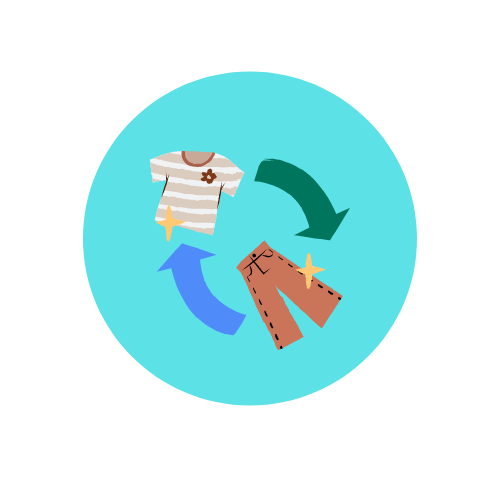
Sign up to our quarterly newsletter for more information on reuse and recycling and be part of Ireland’s only reuse and recycling network. For information about our privacy practices, see here.
Our funders
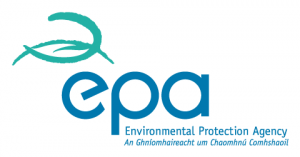
EPA Circular Economy Programme
CRNI supports its members and works to mainstream reuse thanks to core funding provided by the EPA under the Circular Economy Programme.
For more information about the programme see here.
Project Funding

Green + Social Virtual Trade Fair
CRNI’s Green + Social Virtual Trade Fair is funded by Ireland’s Regional Waste Management Plan Offices. This innovative virtual platform is open 24/7 and gives visitors the opportunity to explore green and social procurement opportunities provided by reuse, repair and recycling social enterprises and community-based organisations across Ireland.
Access the Green + Social Virtual Trade Fair here.
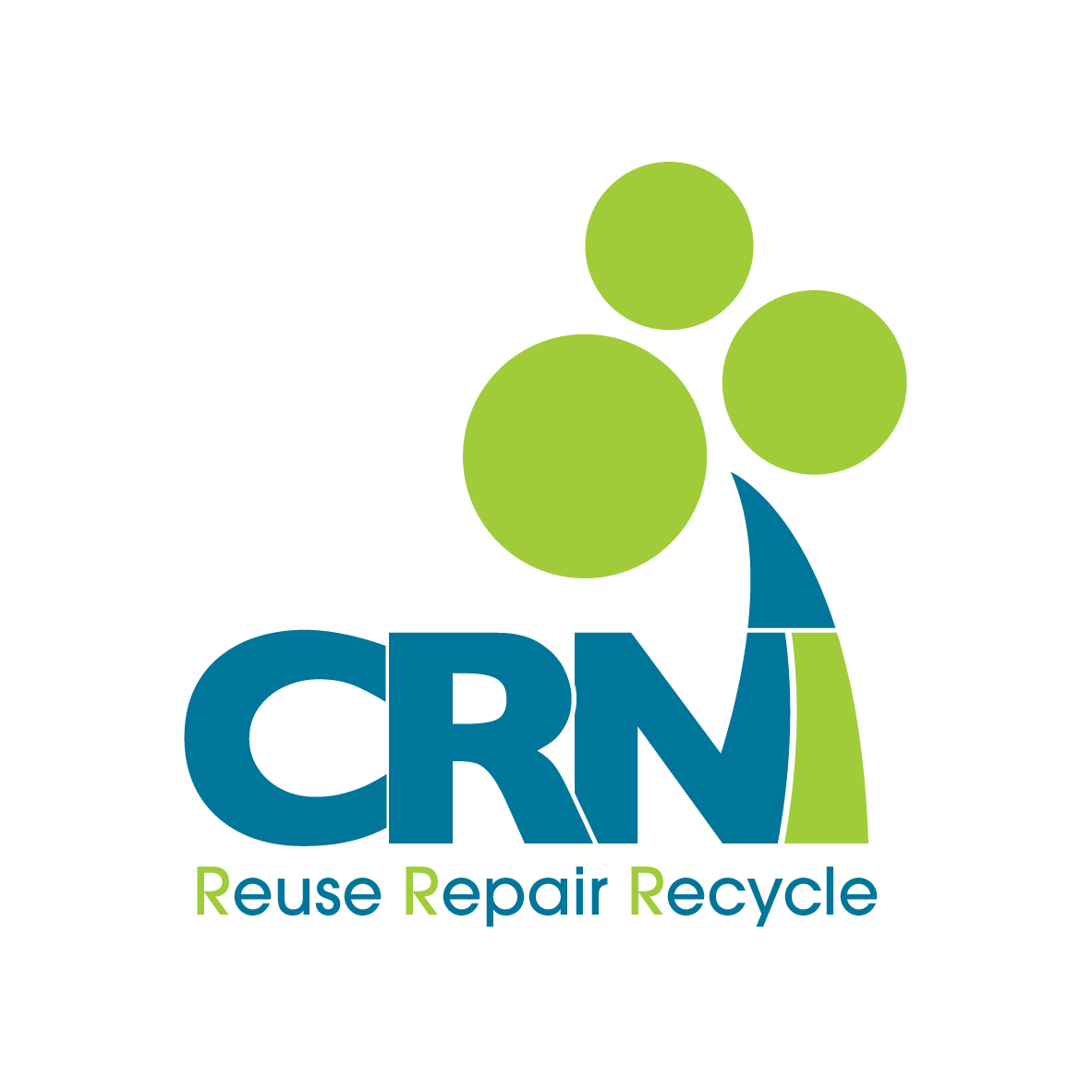
CRNI is the all island representative body for community based reuse, recycling and waste prevention organisations. We are funded by the EPA under the National Waste Prevention Programme and through membership contributions. CRNI is a proud member of the European RREUSE network.
Company Limited by Guarantee. Registered in Ireland No. 493039
Registered Charity No. 20077259
CHY No.19637
Latest Posts
- We’re hiring! Executive Director & Network Manager April 9, 2024
- Gift an experience or shop preloved while supporting community causes with CRNI members December 5, 2023
- 5 Ways to Give to CRNI Members this Giving Tuesday November 28, 2023
- It’s Second Hand September! September 5, 2023
Useful links
Contact Us
Community Resources Network CLG
Registered office:
The Tara Building11-15 Tara Street
Dublin 2
D02 RY83
Phone: +353 87 173 5184
Email: [email protected]
© Community Resources Network Ireland. All Rights Reserved.